Mighty Forces
The intellect has little to do on the road to discovery. There comes a leap in consciousness, call it intuition or what you will and the solution comes to you and you don’t know how or why.
– Albert Einstein.
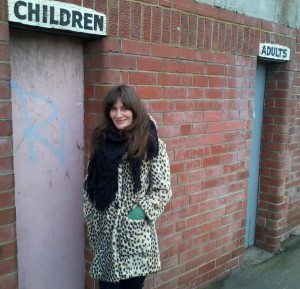 We’ve all experienced magic when writing. Writers speak of the process and the product as: a living being, of having its own direction, its own life, that the work is layered beyond the author’s awareness, or that the story popped into their head fully formed.
We’ve all experienced magic when writing. Writers speak of the process and the product as: a living being, of having its own direction, its own life, that the work is layered beyond the author’s awareness, or that the story popped into their head fully formed.
Only wanna-be-writers ask the question – where do ideas come from? A writer knows ideas are omnipresent and as easily caught as fairy-thistles on a breeze. When we encounter a wall, a dead end, a curly bit we comprehend the value of wandering time. Do something else. Let go. Allow the answer to come. Go for a walk.
While writing the drafts of Saltskin a number of synchronicities occurred as if providence was pulling strings. I was stumped on a character, Angus, captain of a whaling ship named the Unicorn. I was in a tangle over his physical aspects: Does he limp? Is he a drunkard? Are his eyes bulbous and innocent or nut tight and wary?
Is Angus horribly fat or horridly skinny? These questions needed answered. One morning in a fit of frustration I left my desk and marched from my cottage over the sand dunes. The beach was bare except for a lone figure approaching out of the watery fog: A little wiry, sea-leggy, bushy browed, manky bearded, straggly haired, quick stepping, tartan shirted, surly-sentimental man, of about 60 or 100. Angus.
A writer is interested in the mystery and depth of life. All creative acts bring us in harmony with the divine. While working on my manuscript I was enriched by an idea that became the central premise. The idea, hunch, notion, inkling was this: One’s psyche is a legacy from one’s ancestors.
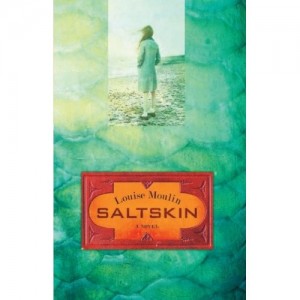 What a tremendous inspiration. It would mean faulty thinking could be passed down as a mutation. A harrowing experience of someone long dead could still exert pressure on the living. What would happen to my heroine Gilda if one of her ancestor’s endured the agony of unrequited love, a torture so immobilising that life lost all colour? What if, even worse, the matriarch line for seven generations endured ceaseless repetition of the manic-grief of lovelessness?
What a tremendous inspiration. It would mean faulty thinking could be passed down as a mutation. A harrowing experience of someone long dead could still exert pressure on the living. What would happen to my heroine Gilda if one of her ancestor’s endured the agony of unrequited love, a torture so immobilising that life lost all colour? What if, even worse, the matriarch line for seven generations endured ceaseless repetition of the manic-grief of lovelessness?
So striking in its persistence it was perceived as a curse. What if Gilda was born believing she was unlovable? I was onto something that felt like a message. I made the working title of my manuscript The Echo of Eve.
I figured there was a scientific study, somewhere, about the genetic inheritance of the psyche and if not then I had invented a new theory I knew it to be as true as the sky.
I searched for evidence. Research has a way of leading you off track but getting you home and I’ve learnt everything matters and is connected. I made notes on genetic memory, tribal memory, reincarnation, the cult of the Madonna symbolism in art, dual realities, the wounded masculine, Maori sea fairies, world wide indigenous folklore, ancient gospels, the sacred feminine, limerence and the neuro biology of love and other lollies that went into the mixture.
The manuscript became a multilayered story about love. Great Love. How we are wired to thrive on the stuff. But by the time Saltksin was published by Random House, I hadn’t found hard proof of my theory. I had written a whole book based on a hunch.
One day information presented itself. Dan Hurley writes in an article for the May 2013 issue of Discover Magazine, partly quoted and paraphrased in the following two paragraphs:
 It was 1992, Moshe Szyf a molecular biologist and geneticist and Michael Meaney a neurobiologist focused on the question: If diet and chemicals can cause epigenetic changes, could certain experiences – child neglect, drug abuse, or other severe stresses – also set off epigenetic changes to the DNA inside the neurons of a person’s brain?
It was 1992, Moshe Szyf a molecular biologist and geneticist and Michael Meaney a neurobiologist focused on the question: If diet and chemicals can cause epigenetic changes, could certain experiences – child neglect, drug abuse, or other severe stresses – also set off epigenetic changes to the DNA inside the neurons of a person’s brain?
Behavioural Epigenetics became a hot theory verifying that trauma in your history or the histories of your ancestors’ create molecular scars that adhere to your DNA. The scars are passed on from mother to child down the line.
There is no doubt something wonderful happens when we write. I often host impromptu salons where a small group of non-writers play word games. One game requires each person call out a random word, everyone writes the word, until six words are vertically against the left margin.
Then, as fast as possible, in less than a minute, the guests in unison, but individually, must dash off a six line poem with the first word being the first word of line one, the second word the first word of line two and so on.
The game channels the guests to create in a gestalt fashion. To get out of the way and just write. Always, without fail, the poems penned by these non-writers are sweet, witty, image rich and even weighty. As a finale, a party-trick really, I string their verses together as an epic poem. When read aloud the combined poems, although rough, surprise us all with a fluidity of themes, insights and grace.
When we write we are more capable than we realise. Every human is a gateway for the profound powers of inspiration, intuition, genius, imagination and vision. We’re all blessed with practical radars for magnetising intelligence beyond ourselves – a kind of magic as ordinary as water. No need for belief. It just is. Take heart when facing the blank page – mighty forces will come to your aid.
I believe in intuitions and inspirations.
– Albert Einstein
—
Louise Moulin is a lyricist, essayist, and novelist. She lives in Dunedin NZ, a southern town known for being gloomy and arty. She juggles creative pursuits and domestic bedlam with her role as sole carer for her three year old niece.
Follow@AuthorMoulin Buy her novel Saltskin HERE
Category: Contemporary Women Writers, On Writing




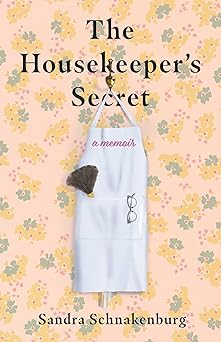






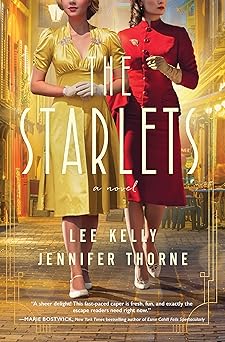
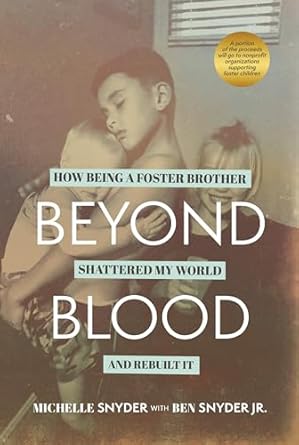
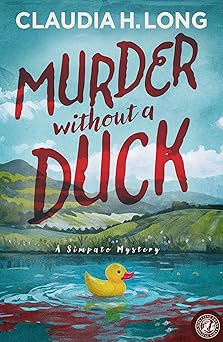
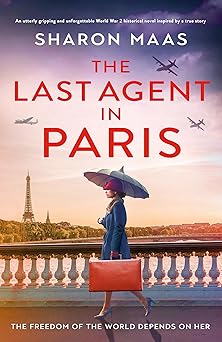
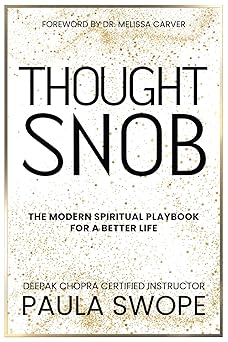
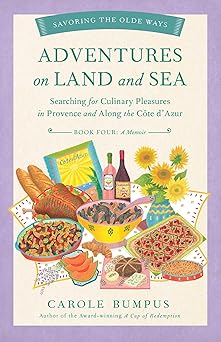
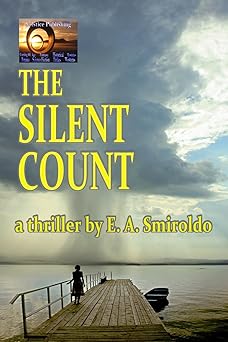
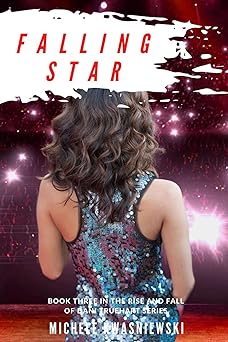
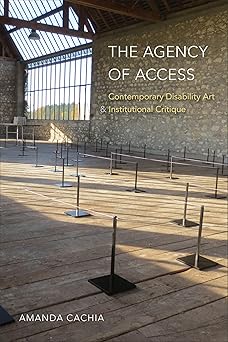
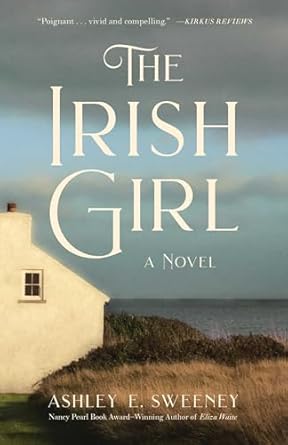
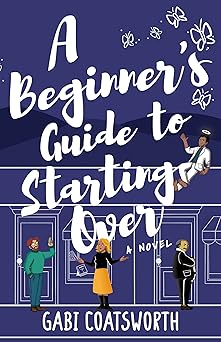
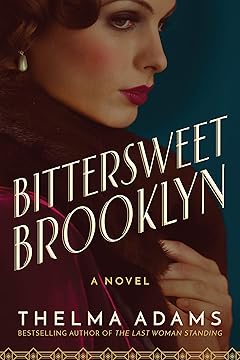

Beautiful poetic piece. I resonate strongly with our ancestors and people gone from our lives can influence and come through in our writing. I would even go so far as to say that they help us write – even the planetary energies assist us. It’s wonderfully freeing to know that we aren’t alone in our creative process, and that some stories are much bigger than us.
I have to work at my ideas. If I wait for inspiration to strike, I might do one thing a year. But they’re also everywhere, once I pay attention.
I agree with Louise. Inspiration strikes. I don’t believe it can be forced, in a flash it pops in to your mental inbox. I’ve experienced similar ‘Angus’ moments too. The right words can sometimes be staring you in the face or can be found in someone else’s! Thanks Louise, great blog.
Great article. I especially liked this part:
When we write we are more capable than we realise. Every human is a gateway for the profound powers of inspiration, intuition, genius, imagination and vision. We’re all blessed with practical radars for magnetising intelligence beyond ourselves – a kind of magic as ordinary as water. No need for belief. It just is. Take heart when facing the blank page – mighty forces will come to your aid.
I believe in intuitions and inspirations.
– Albert Einstein
What a great post! Love it. I prefer to read women authors. Obviously since I am a women. There are things that women get that men don’t and vice versa. I do have many male author favs, but women are my go to’s. Right now it’s Bermesola Dyer, bermesolamdyer.com. She has a book called Getting Past the Ugly. A fantastic read on empowerment and self esteem. Much needed for me.
Ideas, I find, whether fairy thistles or not, come from anywhere and everywhere. Sometimes they come from someone else…
“You should write a novel about a female gladiator.”
“Unless you can write a fantasy set in a school, stop criticising JKR!”
“How about starting with a vampire surf-party?”
sometimes they drop into my lap, sometimes they are reactions to things I see around me or other authors’ things I read (hey! – we’re post-modern here – it’s not plagiarism, it’s intertextuality!), sometimes they come along naturally (?) from what I’m writing, as though the characters dream them up themselves.
I enjoyed your take on this.
M.
Fabulous piece! Thank you for the inspiring insight and lyrical distraction